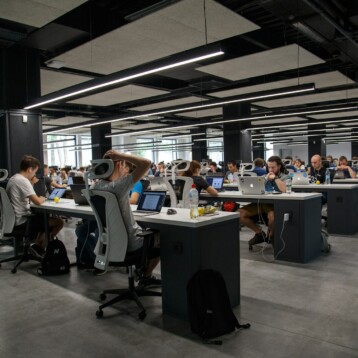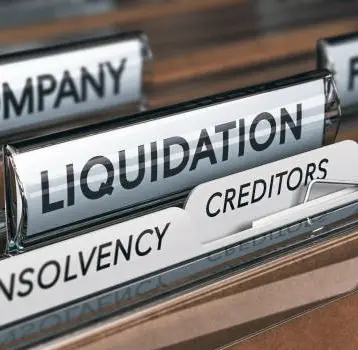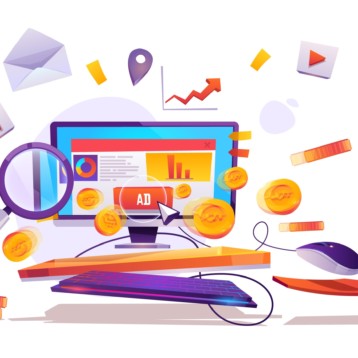No matter how big or small your business is, having a server in your company is a must to organize and store data, collaborate with others, and back up your important documents. The right server is crucial when it comes to the security of your company, your client’s and employee’s virtual data security, and eventually, your company’s success.
The type of server you’ll choose for your company depends on several factors, and in this guide, we will help you pick the right server for your particular case, and ease your decision-making process.
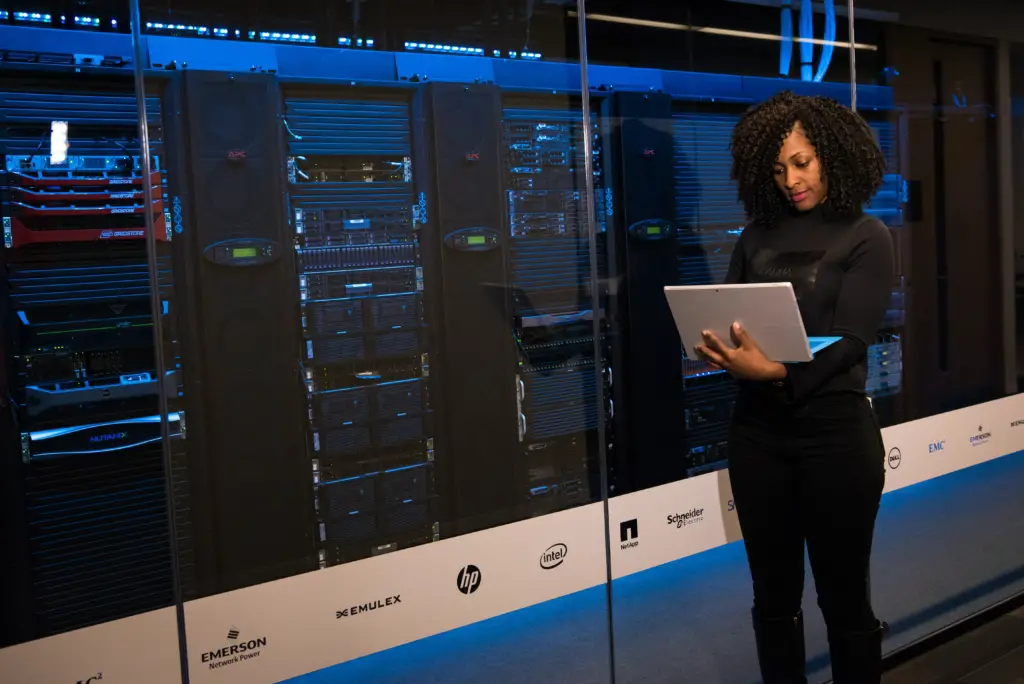
Server Overview
Servers are software or hardware that responds to requests for information from clients, or networked devices. Because they receive constant requests from clients, servers are rarely turned off.
While hardware servers are physically stored in an office environment, software-based servers connect to the cloud, and even though they do not have a physical form, they are kept in large data centers managed by third parties. These servers are often called ‘virtual servers’ because the third party usually allocates storage space from all data centers, instead of assigning one machine to a client.
How to Choose the Right Server
You have two options when it comes to choosing a server for your company: an in-house server or a cloud-based one. An in-house server will require a significant upfront cost for hardware and infrastructure. You will also be responsible for setting it up yourself.
You can cut down on costs if you opt for a highly-praised refurbished server with lots of available components, such as the Dell PowerEdge R630. In the long run, having an in-house server is more affordable because you don’t have to pay a monthly fee to lease server space.
You will have more control over your operations because you won’t depend on third parties for access. However, this does not mean that you, your employees, or your client’s data will be protected if you don’t hire a dedicated IT maintenance staff.
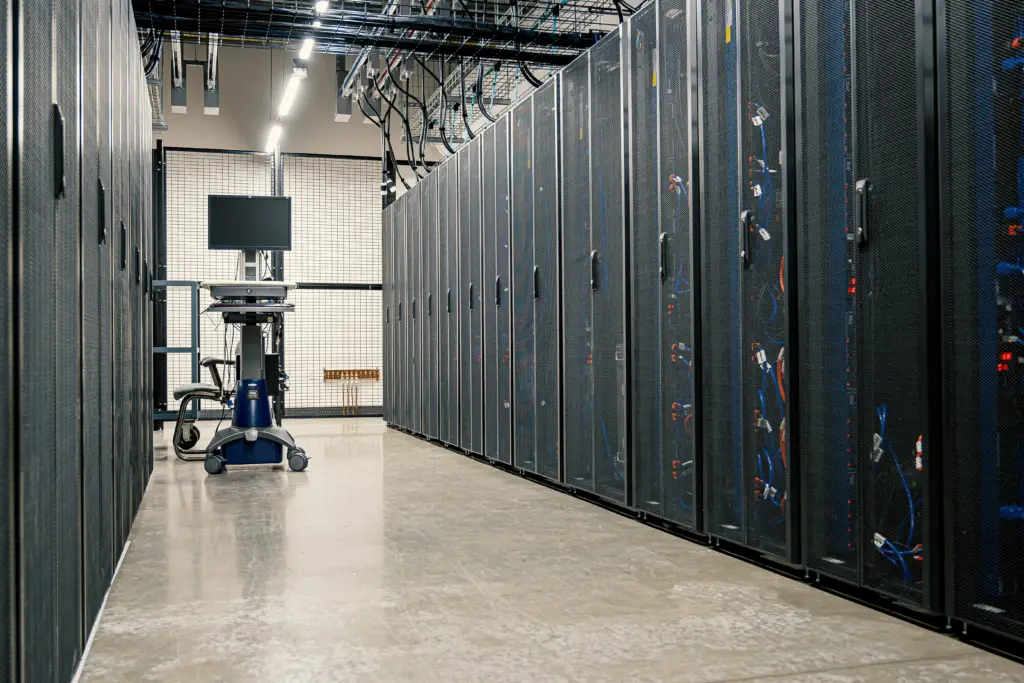
Note the Top 4 Server Hardware Features
When selecting a server, there are many things to take into consideration. It is crucial to ensure you get the right server for your business, from security to scalability, cost, and power.
These are the main considerations when selecting a server for your company:
Power
Different servers have different power levels. Large companies will need powerful servers, as they have many clients who constantly send requests. This can lead to slow performance and downtime if your server is not able to handle all the requests it receives.
Small businesses will not require as much power as larger ones. This is because fewer clients will connect to the server, so it’s not worth spending money on extra power that will not be used, especially if you are a growing company.
Scalability
You must choose the right size of server hardware for your needs. Businesses are constantly changing. You might be growing or shrinking to save money. In order to expand your business, you may choose to buy a server that has more storage than you actually need. You might also pay more for the server than you use or have to upgrade it when you grow out of it, and new hardware means more expenses.
Security
Businesses of all sizes need to protect and ensure their server security. You have to protect not only your operational data but also your business partners and customers data. Small businesses often choose to use a cloud-based server because of this, but those servers can be an easy target for cybercriminals.
A dedicated server can be a great option if your staff is tech-savvy or you have the ability to hire someone who is. Your data will be protected and you will control the security measures. No matter which option you choose to use, it is important that you make business data security your top priority.
Cost
When selecting a server, the cost is an important consideration. Each business has different needs and the budget and server costs can greatly vary.
You will need to pay an upfront fee to purchase a dedicated server, but you’ll be spared the monthly fee that comes with renting space. You will need to make another payment if your server needs an upgrade. It is also important to consider the cost of IT workers who will make sure your server is continuously maintained.
Bottom Line
No matter what server you’ll choose, it’s crucial for your business to protect your clients’ and employees’ data. That’s why, on top of the protection you provide through the server, you’ll need to encourage all parties to install highly-trusted antivirus software that will protect all information through frequent scans and information encryption.




